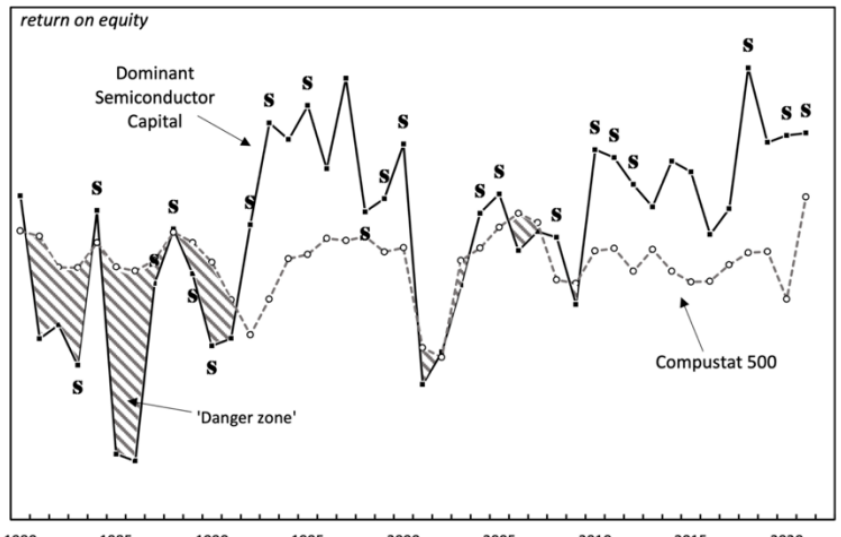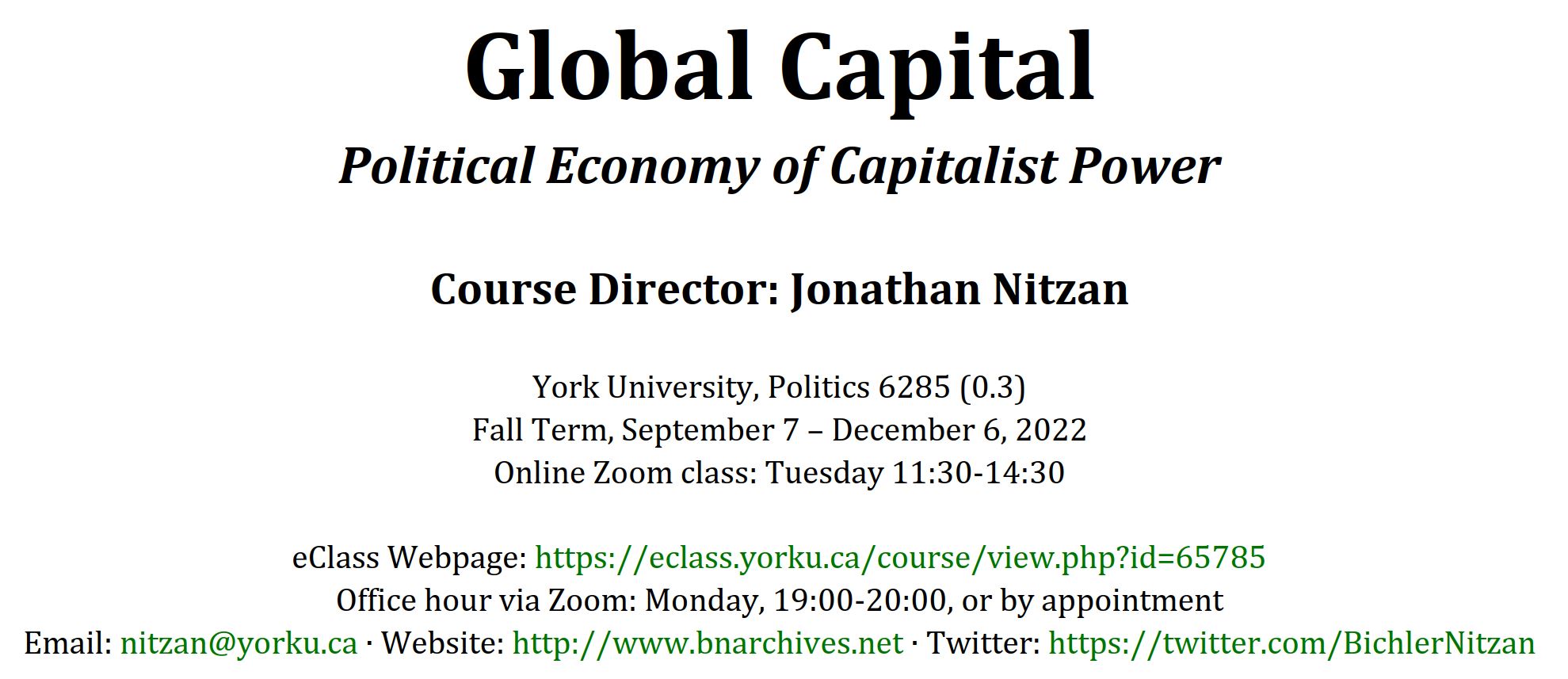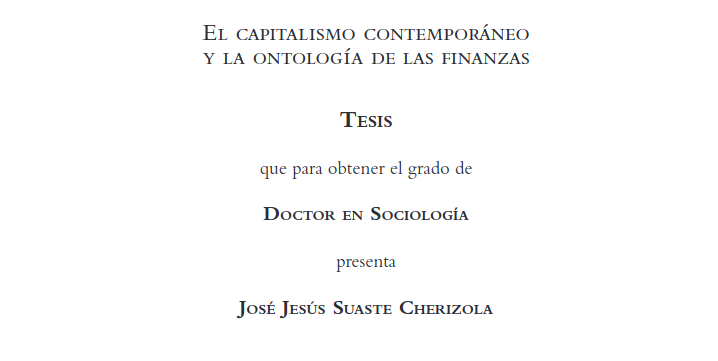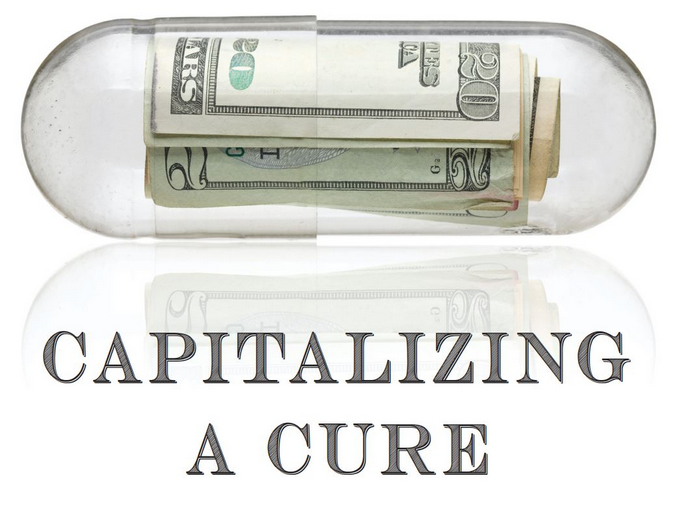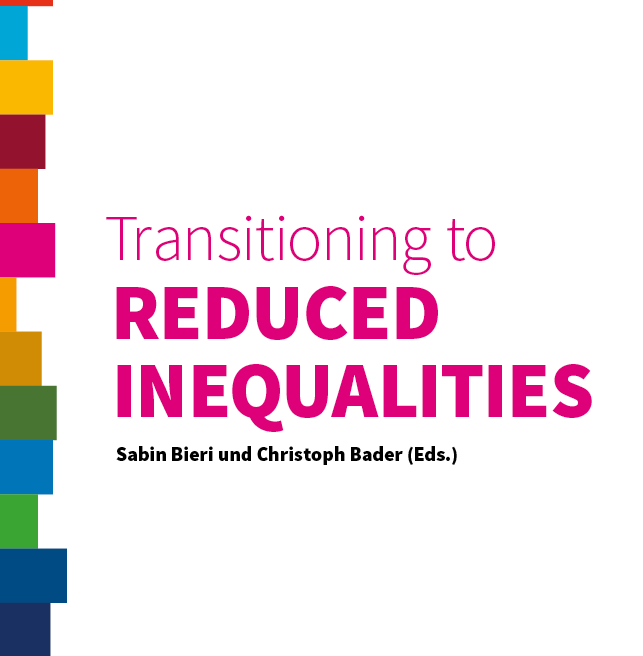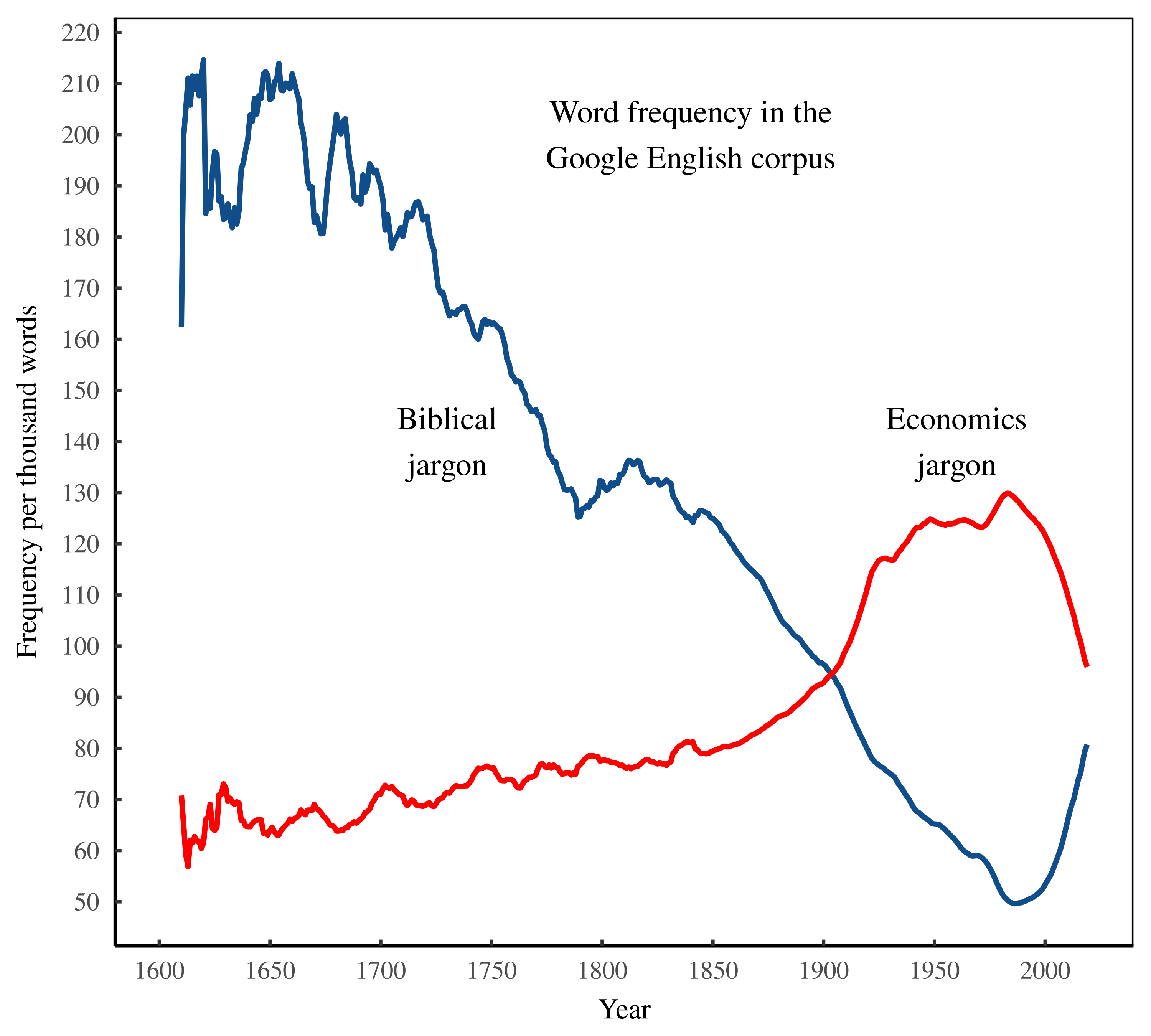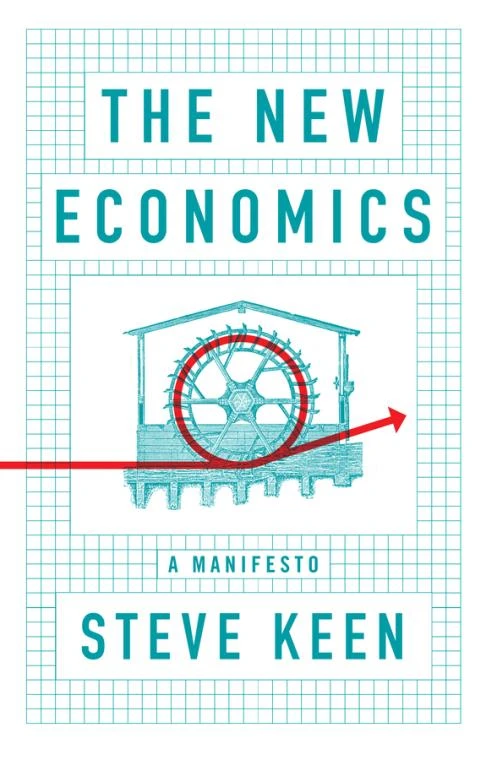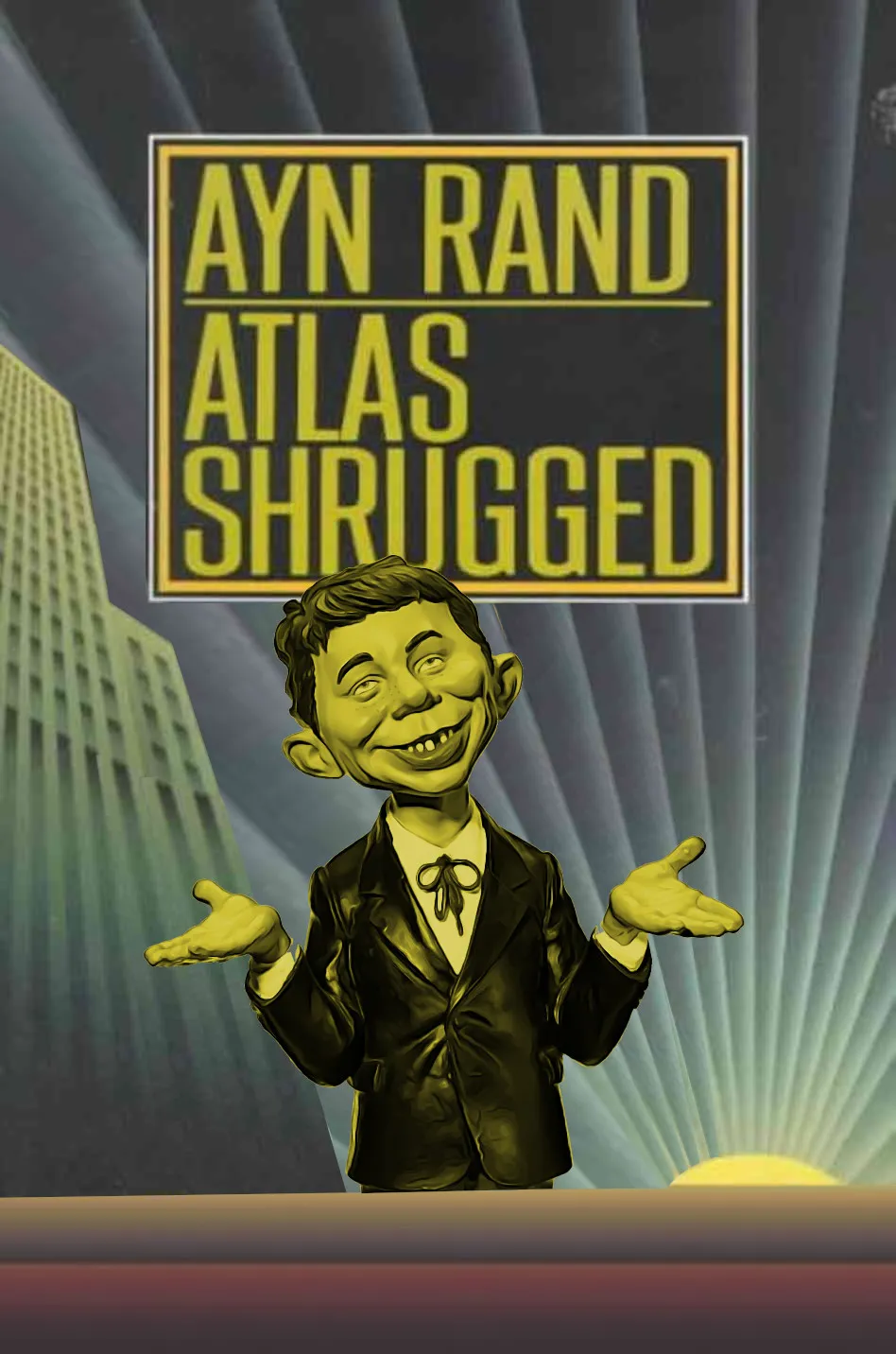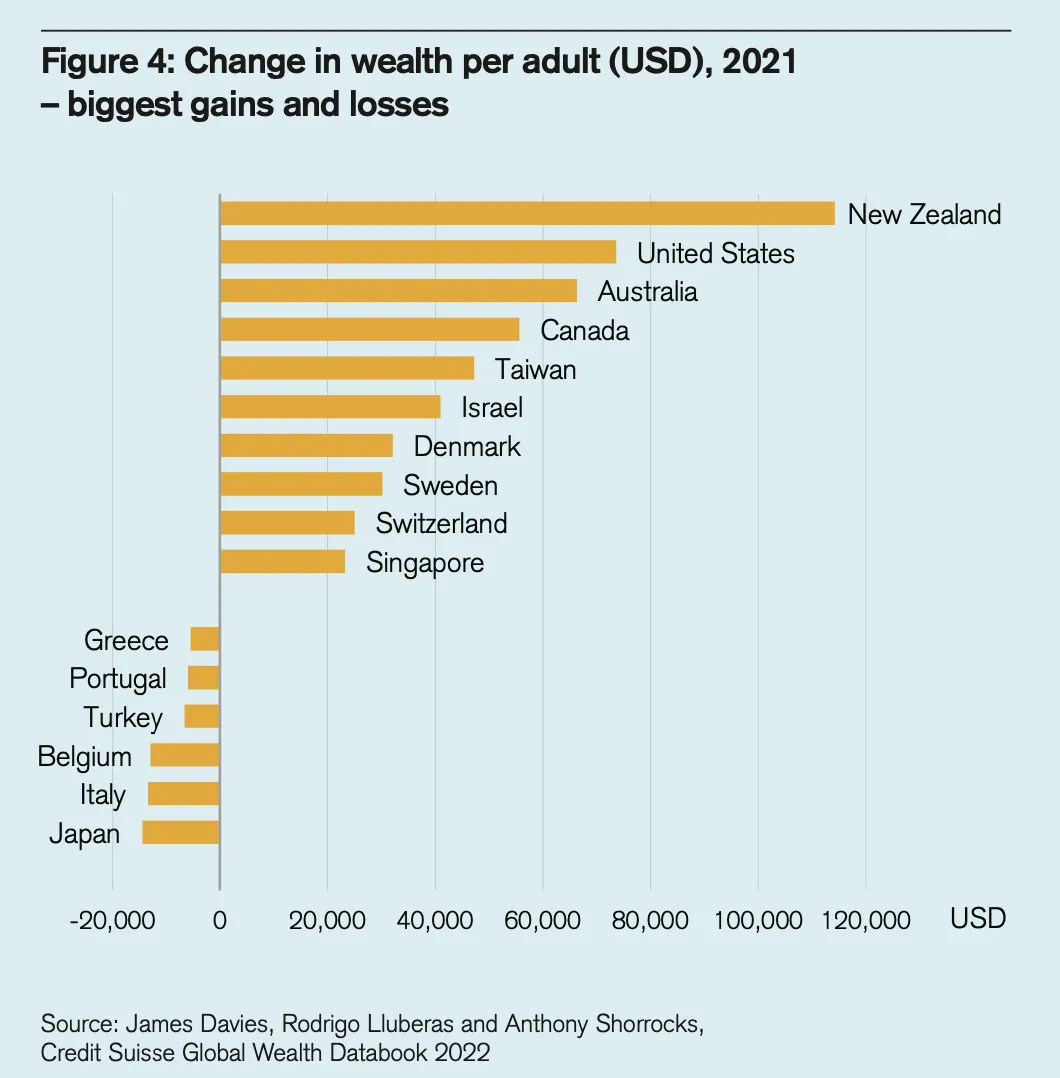Abstract Rapid technological change is often touted as a fundamental reality of capitalist societies. It is also presented as concrete evidence for the supposed progressive improvement of material well-being that characterises the capitalist system of social order. Since its emergence in the mid-20th century, semiconductor technology in many ways exemplifies this view. Yet the rapid […]
Continue ReadingGlobal Capital: Political Economy of Capitalist Power (YorkU, GS/POLS 6285 3.0, Graduate, Fall Term, 2022-23)
Jonathan Nitzan What is capital? Despite centuries of debate, there is no clear answer to this question – and for a good reason. Capital is a polemic term. The way we define it attests our theoretical biases, ideological disposition, view of politics, class consciousness, social position, and more. Is capital the same as machines, or […]
Continue ReadingPietryka, ‘Kapitał, by rządzić, musi sabotować postęp’
Abstract Od głodu i biedy po zwykłe marnotrawstwo i nawracające fale przeróżnych kryzysów – to nie niepożądane skutki uboczne kapitalizmu, ale przejawy sabotażu. Bo nic nie utrwala władzy kapitału skuteczniej niż istnienie szerokiej rzeszy ludzi, którzy ani na chwilę nie mogą przestać pracować, by przeżyć. Capital, in order to rule, must sabotage progress From hunger […]
Continue ReadingSuaste Cherizola, ‘El Capitalismo Contemporáneo y la Ontología de las Finanzas’
Abstract RESUMEN. Esta tesis es un esfuerzo por desentrañar el papel que juega el campo financiero dentro del proceso de acumulación de capital y la manera en que condiciona el desarrollo de la lucha entre las clases sociales por la distribución de la riqueza y el control político de la comunidad. El punto de partida […]
Continue ReadingMy Coding Mix
Originally published at Economics from the Top Down Blair Fix Last week I ran a Twitter survey to see what software my fellow researchers use. It turns out they like R: As an avid R user myself, this result didn’t surprise me. But it did make me think about my own approach to coding. In […]
Continue ReadingThe monopoly strategy behind the Google/Microsoft mobile patent wars
Originally published at pluralistic.net Cory Doctorow Capital-as-power, a framework from Jonathan Nitzan and Shimshon Bichler, holds that companies don’t seek to be as profitable as possible – but rather to accumulate as much power as possible. A company doesn’t seek to be as big as possible, but rather, as dominant. https://capitalaspower.com/ There are two strategies […]
Continue ReadingIs Human Probability Intuition Actually ‘Biased’?
Originally published at Economics from the Top Down Blair Fix According to behavioral economics, most human decisions are mired in ‘bias’. It muddles our actions from the mundane to the monumental. Human behavior, it seems, is hopelessly subpar.1 Or is it? You see, the way that behavioral economists define ‘bias’ is rather peculiar. It involves […]
Continue ReadingRoy, ‘Capitalizing a Cure: How Finance Controls the Price and Value of Medicines’
Abstract Capitalizing a Cure takes readers into the struggle over a medical breakthrough to investigate the power of finance over business, biomedicine, and public health. When curative treatments for hepatitis C launched in 2013, sticker shock over their prices intensified the global debate over access to new medicines. Weaving historical research with insights from political […]
Continue ReadingDi Muzio, ‘Capitalism, Money and Inequality in the World’
Abstract There is little doubt that, in the last hundred years or so, progress has been made in lifting more people out of extreme poverty. Yet, considerable economic inequalities both within and between nations persists and, as recent work has shown, if the rate of return on capital surpasses the rate of growth, inherited wealth […]
Continue ReadingBichler & Nitzan, ‘ההון ושברו (Capital and its Crisis)’
Abstract הקפיטליזם שולט בעולם. דיונים סוערים מתנהלים בין המלומדים הממסדיים לבין “הביקורתיים” על טיבו של הקפיטליזם הגלובלי. הבעיה היא שטיבו של המוסד המרכזי בקפיטליזם — ההון — אינו ידוע. לאחר יותר ממאתיים שנה של התפתחות קפיטליסטית נמרצת לא קיימת תיאוריית הון הגיונית אמפירית — לא במדע הכלכלה, לא בכלכלה הפוליטית המרקסיסטית ולא במדעי החברה בכלל, […]
Continue ReadingBichler & Nitzan, ‘The Business of Strategic Sabotage’
The Business of Strategic Sabotage SHIMSHON BICHLER and JONATHAN NITZAN January 2023 Abstract In a recent article, Nicolas D. Villarreal claims that our empirical analysis of the relation between business power and industrial sabotage in the United States is unpersuasive, if not deliberately misleading. Specifically, he argues that we cherry-pick specific data definitions and smoothing […]
Continue ReadingProximity to Power: The oilpatch & Alberta’s major dailies
Regan Boychuk The bias of Alberta’s media in favour of our dominant industry is both pervasive and obvious to any careful observer. But how to prove it? Studies of media bias are notoriously difficult and significant media analysis can easily become a gargantuan and subjective task. This novel study uses a small sample size while […]
Continue ReadingFix, ‘Have We Passed Peak Capitalism?’
Abstract This paper uses word frequency to track the rise and potential peak of capitalist ideology. Using a sample of mainstream economics textbooks as my corpus of capitalist thinking, I isolate the jargon of these books and then track its frequency over time in the Google English corpus. I also measure the popularity of feudal […]
Continue ReadingBichler & Nitzan, ‘Book Review: Steve Keen (2021) The New Economics: A Manifesto’
Abstract Steve Keen’s book, The New Economics: A Manifesto (2021), offers a new path for economics, and for good reason. In his view, neoclassicism, the paradigm that rules modern-day economics, has become a serious menace: “I regard Neoclassical economics as not merely a bad methodology for economic analysis, but as an existential threat to the […]
Continue ReadingAlberta’s Rockefeller Coups, Part 3: Who Would Do This To Themselves?
Regan Boychuk Author’s note: At the end of the First Cold War, Canada tried to make the polluter pay. This resulted in the United States launching an unknown, but successful coup in Alberta over the course of 1991-92. And the results of that coup are the single biggest threat to a liveable future. This three-part […]
Continue ReadingAlberta’s Rockefeller Coups, Part 2: American Style Democracy
Regan Boychuk Author’s note: At the end of the First Cold War, Canada tried to make the polluter pay. This resulted in the United States launching an unknown, but successful coup in Alberta over the course of 1991-92. And the results of that coup are the single biggest threat to a liveable future. This three-part […]
Continue ReadingAlberta’s Rockefeller Coups, Part 1: The ‘No-Lookback’ Deal
Regan Boychuk Author’s note: At the end of the First Cold War, Canada tried to make the polluter pay. This resulted in the United States launching an unknown, but successful coup in Alberta over the course of 1991-92. And the results of that coup are the single biggest threat to a liveable future. This three-part […]
Continue ReadingAt last, a new Econ 101 textbook
Originally published at pluralistic.net Cory Doctorow Neoclassical economics is a hell of a drug. It has no theory of prices, no account of inflation, and its models all presume the existence of a perfectly rational “homo economicus” who is a “utility maximizer” with perfect information. Even the Queen is wise to the scam, grilling Bank […]
Continue ReadingBichler & Nitzan, ‘The Business of Strategic Sabotage’
Abstract Marxists love to hate the theory of capital as power, or CasP for short. And they have two good reasons. First, CasP criticizes the logical and empirical validity of the labour theory of value on which Marxism rests. And second, it offers the young at heart a radical, non-Marxist alternative with which to research, […]
Continue ReadingDo we believe that the average Chinese adult is “wealthier” than the average European?
Originally published at Fresh Economic Thinking Cameron Murray Do you believe this headline? I don’t. The many problems with measuring a country’s wealth are on full display in this Credit Suisse report. But let’s start a little closer to home. When I married my wife I promised to look after her financial and material needs. […]
Continue Reading
